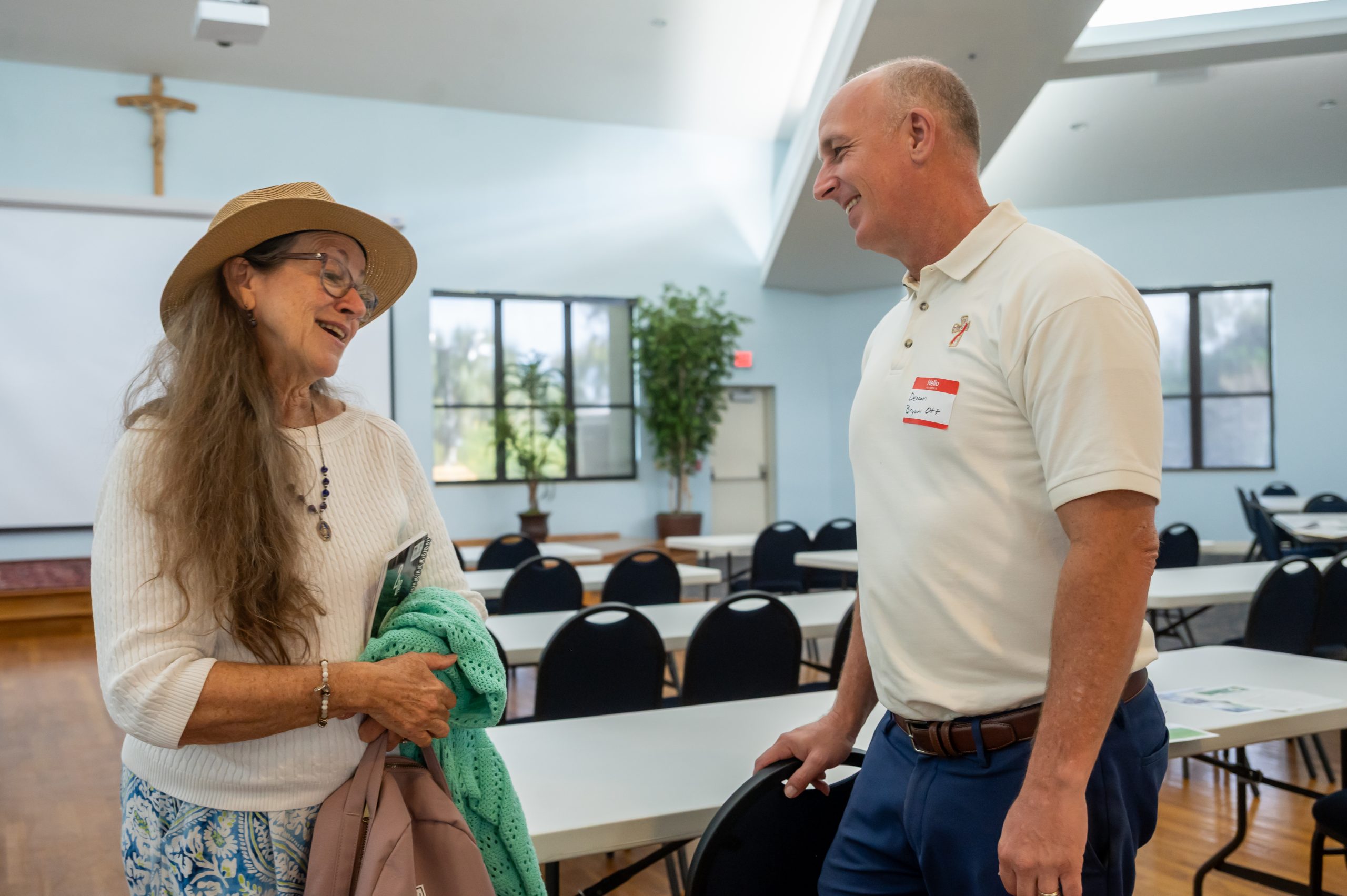by Isabella Cilento
“The choice of the natural rhythm involves accepting the cycle of the person, that is, the woman, and thereby accepting dialogue, reciprocal respect, shared responsibility and self-control.” – Saint John Paul II, Familiaris Consortio
What if building a stronger marriage could start with simply understanding the rhythms of your body?
That’s the heart of Natural Family Planning (NFP), a Church-approved approach that invites couples to grow in love, trust and openness to life—together. As the Church marks NFP Awareness Week from July 20-26, Catholics are encouraged to rediscover this grace-filled practice grounded in science, dignity and faith.
The U.S. Conference of Catholic Bishops (USCCB) has called Catholics throughout the United States to celebrate Natural Family Planning (NFP) Awareness Week, July 20-26.
“In the most basic sense, methods of Natural Family Planning provide a safe and effective way for a woman to track her fertility cycles,” said Mike Day, director of Family Life, which promotes NFP throughout the Diocese of St. Augustine. “Because these methods work with the design of our bodies, married couples can incorporate its use into their prayerful discernment over the gift of children with respect to our dignity as men and women made in the image of God.”
NFP involves spouses attentively tracking the woman’s fertile window and choosing to abstain from sexual intimacy during that time when postponing pregnancy, which can be done successfully through multiple Church-approved methods.
“Part of the beauty of NFP is that there are so many good methods out there,” said Susan Miller, a diocesan-approved instructor of the Billings method. “The science behind NFP has made me absolutely amazed at God’s design.”
The USCCB created an awareness week for NFP in 1982 as a nationwide initiative to steer Catholic couples toward a deeper understanding of the Church’s teaching on marriage, sexuality and responsible parenthood through the use of natural methods.
“This week is chosen because it corresponds with the anniversary of Pope Paul VI’s encyclical Humanae Vitae released in 1968,” explained Day. “In it, he rejected the push to accept hormonal contraceptives and made four predictions about its widespread use. Almost 60 years later, the accuracy of this prediction is remarkable and noteworthy.”
Although the Catholic Church’s teaching on contraception has remained consistent since its widespread use increased after the sexual revolution, the majority of women who identify as Catholic have used or been prescribed some form of contraception during their adult lives.
“Many women have been prescribed the pill for their difficult cycles, and the thought of going off is terrifying,” said Miller. “Yes, NFP can be hard – but it is also worth it and can be beautiful because of that. After all, leading each other to holiness isn’t easy.”
While Natural Family Planning may look different for each couple, the Church consistently upholds it as a vital expression of the dignity and sacredness of marriage.
“It’s important to keep in mind that a couple’s ‘openness to life’ is not an objective metric measured by a specific number of children but a disposition of the heart to cooperate with the will of God as best they’re able in whatever phase of life they’re in,” said Day.
More information about Natural Family Planning, local instructors and NFP family physicians can be found on the diocesan website: dosafl.com/office-of-family-life/nfp.
The next Theology on Tap program for young adults is from 7-9 p.m. on August 11. Dr. Ruby Gravrok will speak on Natural Family Planning. The program will be at Legacy Ale Works, 14965 Old St. Augustine Road in Jacksonville.








